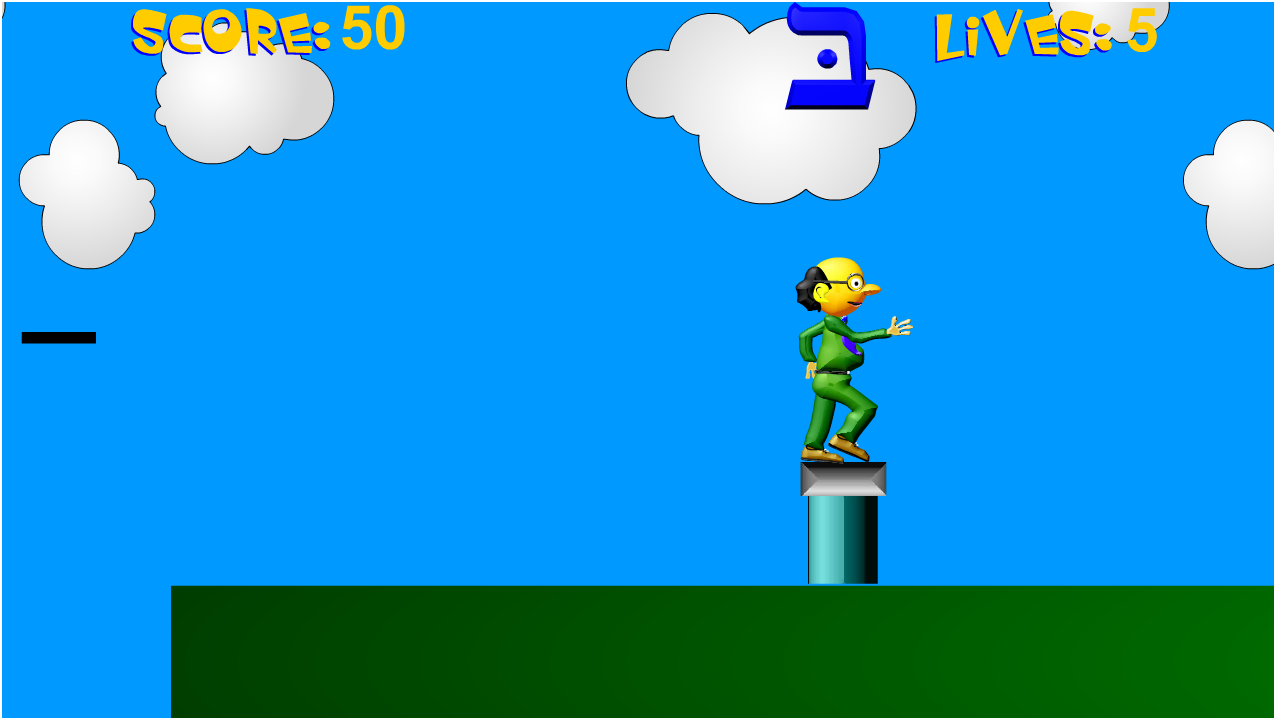- Home
- Play & Learn Home
- Online Enrichment
- Experience Modern Israel
- Israel It's Complicated
- Jewish and Me
- Jewish Holidays Jewish Values
- Jewish Values in Genesis and Jewish Values in Exodus
- Min Ha’aretz
- Our Place in the Universe
- Simply Seder
- The Prophets: Speaking Out for Justice
- Making T'filah Meaningful
- Make, Create, Celebrate
- Yom Haatzmaut Resources
- Hebrew Apps
- About The OLC
- What is the OLC?
- Introduction
- Get Started
- Resources
- OLC Content
- Parent Materials
- See My OLC Classes
- Store
Behrman House Blog
Addictive games—with content!
Written by Terry Kaye, 24 of July, 2014
 Last week an educator from a large Reform congregation called to ask for help: after testing her 3rd graders’ decoding accuracy and fluency, she found that those students using the Online Learning Center (OLC) had significantly improved scores over those not using it. The help she needed was in ensuring that all students used the OLC to the max.
Last week an educator from a large Reform congregation called to ask for help: after testing her 3rd graders’ decoding accuracy and fluency, she found that those students using the Online Learning Center (OLC) had significantly improved scores over those not using it. The help she needed was in ensuring that all students used the OLC to the max.
We provided some guidelines and best practices.
In addition to the obvious benefit of regular Hebrew practice after school hours, we know that the ongoing assessment in the Hebrew activities and games helps develop better recall outcomes. An Op-Ed in the New York Times July 20 makes the case that “testing, when used appropriately, encourage[s] students to practice the valuable skill of retrieving and using knowledge. The fact of improved retention after a quiz — called the testing effect or the retrieval practice effect — makes the learning stronger and embeds it more securely in memory…. This is vital, because many studies reveal that much of what we learn is quickly forgotten. Thus a central challenge to learning is finding a way to stem forgetting.”
The author and his co-researchers show that “…tests serve students best when they’re integrated into the regular business of learning and the stakes are not make-or-break, as in standardized testing. That means, among other things, testing new learning within the context of regular classes and study routines.”
In addition to ongoing assessment in the Hebrew digital activities, there are other ways for students to retain information. The best way, we think, is for students to use and interact with the information (think of PBL). That’s why our game mechanics require the player to know and use the content.
Teachers have been using popular games in classrooms for a long time. You’ve likely played versions of Hebrew and Judaic Concentration, Tic-Tac-Toe, Baseball, and Chutes and Letters with your students. In recent years, we’ve made spin-offs of the most popular digital games (like Super Mario Bros, Frogger, and Copter) part of the student’s digital learning experience.
Take the “Hebrew Hunt” game in our primer-level Hebrew software. The educational goal is to recognize Hebrew letters and their sounds. So we incorporated Hebrew letters into the game mechanics. In this game, the player must recognize the sound for, say, the Hebrew letter Bet, then hold down the key on the keyboard with that sound (“b” key) as well as the “forward” arrow to enable the character to run faster. In that way, we incorporate pedagogy (knowing the sound for Bet) into the game mechanics (gaining speed).
We are currently working on digital learning games for Hineni Online Learning Center Edition using some of our favorite iPhone casual app games, for example, Doodle Jump. Coming January 2015. Contact us for more information.
Our goal is to develop entertaining—addictive!—games with rich Hebrew and Judaic learning. What are your favorite online games?
Terry Kaye is Director of Business Development at Behrman House terry@behrmanhouse.com
Jeremy Poisson is e-Media Editor and creator or project manager for all Behrman House learning software jeremy@behrmanhouse.com

